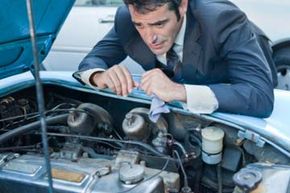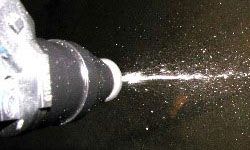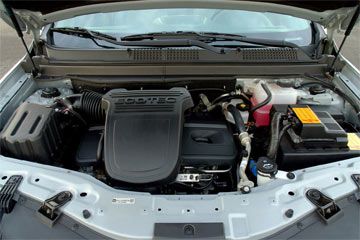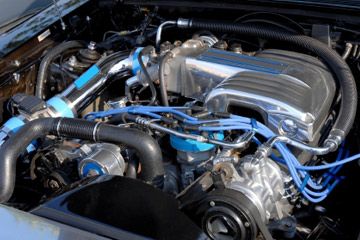Fuel injectors are a key part of modern automotive systems, as they're responsible for getting gasoline into the engine in a precise, orderly and carefully engineered pattern. In general, they're expected to last a pretty long time. Both Bosch and Delphi, two major manufacturers of automotive components, say their fuel injectors have a life expectancy of 1 billion cycles. Essentially, that means that the fuel injectors should last as long as the car does.
So why, then, is this even a matter for discussion? How do fuel injectors fail? And, perhaps most importantly, is your mechanic trying to pull a fast one on you and your sputtering engine?
Advertisement
Unfortunately, the conditions you drive in are not ideal. Pollution is in the air, and fuel can be contaminated with water, dirt particles and other debris. Even though injectors are designed and tested in factories where engineers compensate for real-world factors, there are always unknowns and variables. Gasoline of unreliable quality, destructive driving circumstances (such as stop-and-go traffic) and your car's overall condition can add up, causing premature fuel injector failure.
You can delay the degradation process with a few simple steps that take no longer than a regular fill-up, such as buying high-quality fuel. Though all passenger car fuel is theoretically formulated to prevent grimy buildups, different brands and blends do have an impact on your car's performance. So do your driving habits -- short trips and frequent stops allow more fuel debris to accumulate, since it tends to stick when the engine is idling or turned off often. Look for higher-quality gasoline blends that claim to help maintain a cleaner engine by including detergents that prevent deposits.
Regularly changing your fuel filter (according to your vehicle manufacturer's recommendations) will help keep debris from circulating. You can also add fuel injector cleaner to your gas tank, which may help solve running issues such as sputtering. Doing this at regular intervals of 10,000 miles or so might provide more cleansing than your engine actually needs, but it won't harm the system [source: Allen]. Keep in mind, though, that while fuel injector cleaner can help restore your car's performance so that its power and mileage are closer to new, it can't improve your car beyond its original specs [source: Allen].
Even the best kept fuel injectors can be prone to trouble, though. The next section will discuss what you should do when your injectors are too fouled up to keep things going.
Advertisement



